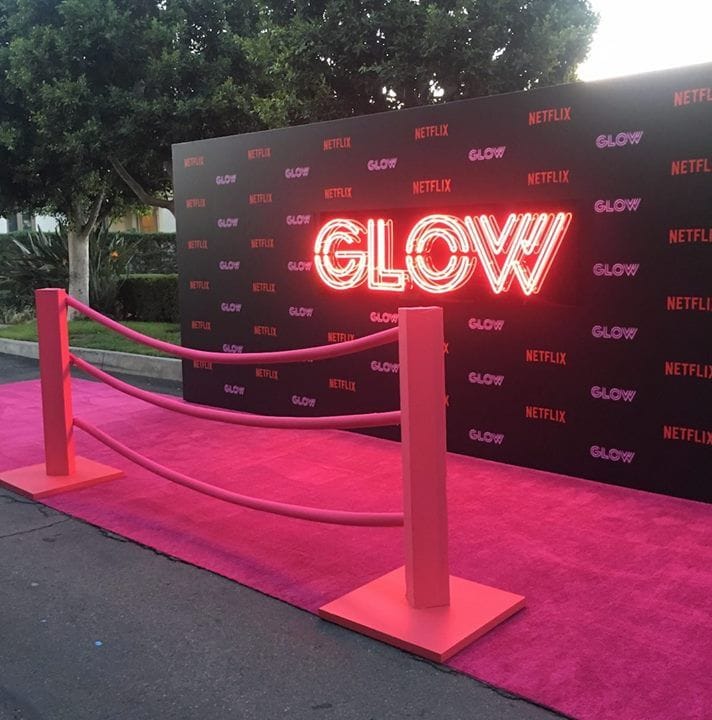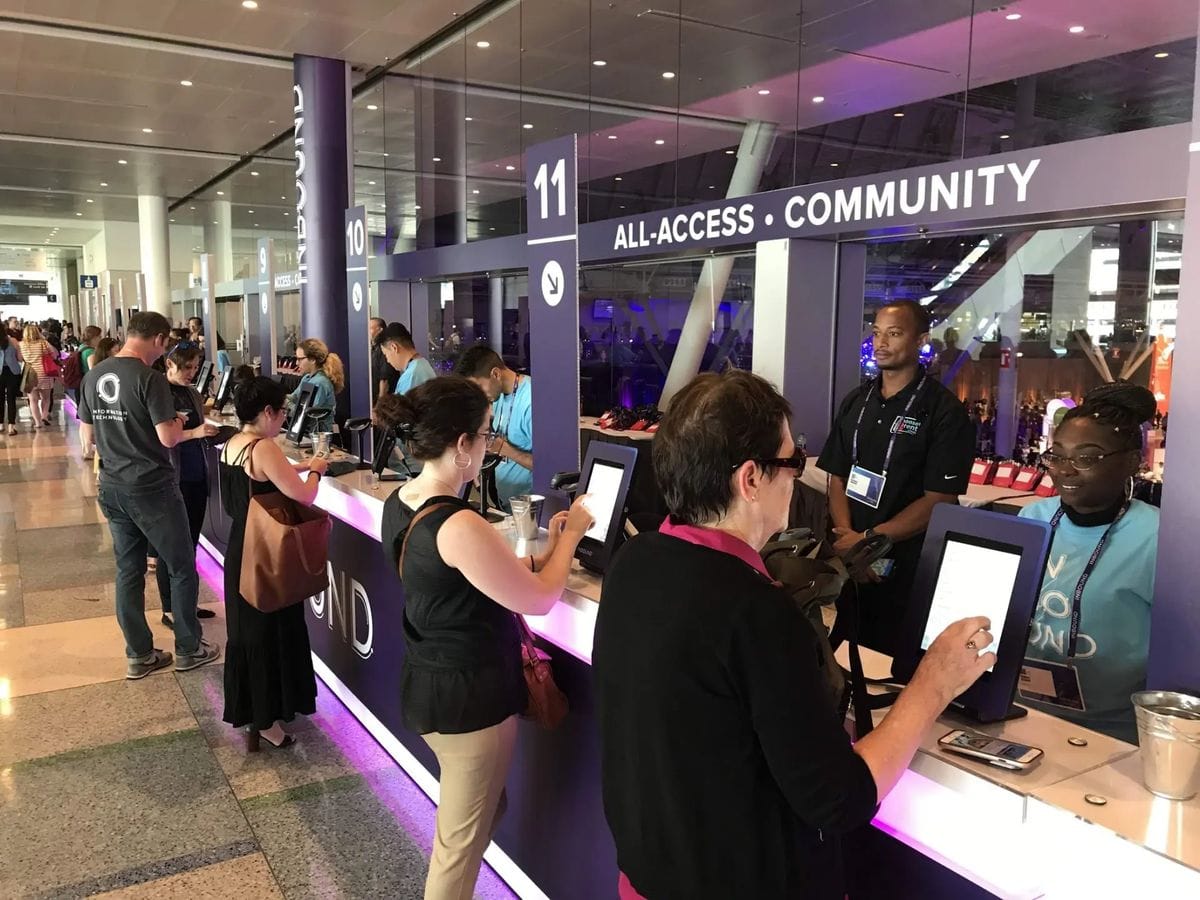In today's interconnected world, event planning has evolved far beyond logistics and aesthetics. The most successful events now prioritize inclusivity, accessibility, and creating environments where all attendees feel genuinely welcomed and valued. At Venzi, we believe that inclusive event design isn't just a nice-to-have—it's essential for meaningful engagement and memorable experiences.
Why Inclusivity Matters in Event Planning
Inclusive events don't just benefit those with specific accessibility needs—they create better experiences for everyone. When events are designed with diversity in mind:
- Broader participation occurs naturally, bringing richer perspectives and interactions.
- Attendee satisfaction increases as people feel seen, heard, and accommodated.
- Innovation flourishes through diverse viewpoints and experiences.
- Brand reputation strengthens as your organization demonstrates genuine commitment to equity.

Key Dimensions of Event Inclusivity
Physical Accessibility
Physical accessibility forms the foundation of inclusive events, yet it's often overlooked until it becomes a problem:
- Select venues with wheelchair access, accessible restrooms, and navigation accommodations.
- Consider proximity to public transportation and accessible parking options.
- Provide clear signage with universal design principles.
- Create quiet spaces for those who may need sensory breaks.
- Ensure stages and presentation areas have ramp access for speakers with mobility needs.
Financial Accessibility
Events that cater only to those with significant financial resources exclude valuable participants:
- Consider tiered pricing structures or scholarships for those with financial constraints
- Offer virtual attendance options at reduced rates
- Provide essential event information without requiring premium registration
- Be mindful of hidden costs like transportation, accommodation, and meals
Language and Communication
Effective communication ensures everyone can fully participate in your event:
- Provide sign language interpretation for deaf and hard-of-hearing attendees
- Consider offering real-time captioning for presentations
- Make materials available in multiple languages relevant to your audience
- Use plain, accessible language in communications and presentations
- Provide materials in accessible digital formats compatible with screen readers
Cultural Sensitivity
Cultural inclusivity demonstrates respect for all attendees:
- Consider diverse dietary requirements (religious, cultural, and medical)
- Schedule around major religious holidays and prayer times
- Diversify speakers, perspectives, and content
- Create programming that represents various cultural viewpoints
- Train staff on cultural sensitivity and avoiding stereotypes
Gender Inclusivity
Creating gender-inclusive spaces makes everyone feel respected:
- Use gender-neutral language in event materials and communications
- Provide gender-neutral restrooms when possible
- Include pronoun options on name badges (but make this optional)
- Ensure speaker lineups and panels include gender diversity
- Train staff on respectful interaction with attendees of all gender identities
Practical Steps to Plan More Inclusive Events
1. Start with inclusive design principles
Rather than retrofitting accommodations, begin with inclusive design as a foundational principle. This approach considers the full range of human diversity from the planning stages.
2. Gather diverse input early
Form an advisory committee representing different perspectives and lived experiences. Their insights will help identify potential barriers you might not otherwise consider.
3. Create comprehensive accessibility information
Develop an accessibility guide for your event that clearly communicates what accommodations are available and how to request additional support. Make this information prominent, not hidden in fine print.
4. Train your team
Ensure all staff and volunteers receive training on inclusivity practices, from using appropriate language to understanding how to assist attendees with various needs respectfully.
5. Collect meaningful feedback
Design post-event surveys that specifically ask about inclusivity and accessibility. Create safe channels for feedback so attendees can share their experiences honestly.
6. Continuously improve
Use the feedback to enhance future events, acknowledging that creating truly inclusive environments is an ongoing journey of learning and adaptation.
Measuring Success Beyond Attendance Numbers
Traditional metrics like ticket sales and attendance don't tell the full story of an event's success. Consider tracking:
- Demographic diversity of attendees and speakers
- Number and types of accommodation requests fulfilled
- Qualitative feedback on inclusivity measures
- Return attendance rates among diverse groups
- Word-of-mouth recommendations and community building.

Common Challenges and Solutions
Budget Constraints
Challenge: Limited resources for accessibility features.
Solution: Start with low-cost, high-impact changes like clear communication and staff training. Prioritize accommodations based on registered attendee needs, and consider partnerships with accessibility organizations for resources.
Venue Limitations
Challenge: Working with venues that weren't designed with accessibility in mind.
Solution: Conduct thorough site visits with an accessibility checklist. Create temporary solutions where possible (portable ramps, designated quiet spaces) and communicate limitations transparently to attendees.
Knowledge Gaps
Challenge: Event planners may not have expertise in all aspects of inclusive design.
Solution: Invest in training, consult with inclusion specialists, and most importantly—listen to feedback from attendees with diverse needs and experiences.
Conclusion: The Future of Events is Inclusive
As our understanding of diversity, equity, and inclusion continues to evolve, so too will our approach to event planning. Forward-thinking organizations recognize that inclusive events aren't just about compliance or checking boxes—they're about creating spaces where genuine connection and engagement can flourish across differences.
At Venzi, we're committed to advancing inclusive event practices and supporting organizations on their journey toward more equitable experiences. By embracing principles of inclusive design and continuously learning from diverse perspectives, we can create events that truly welcome everyone—not just in theory, but in practice.
When we design events with everyone in mind, we don't just meet expectations—we exceed them, creating memorable experiences that resonate with all attendees and reflect the full diversity of our communities.


